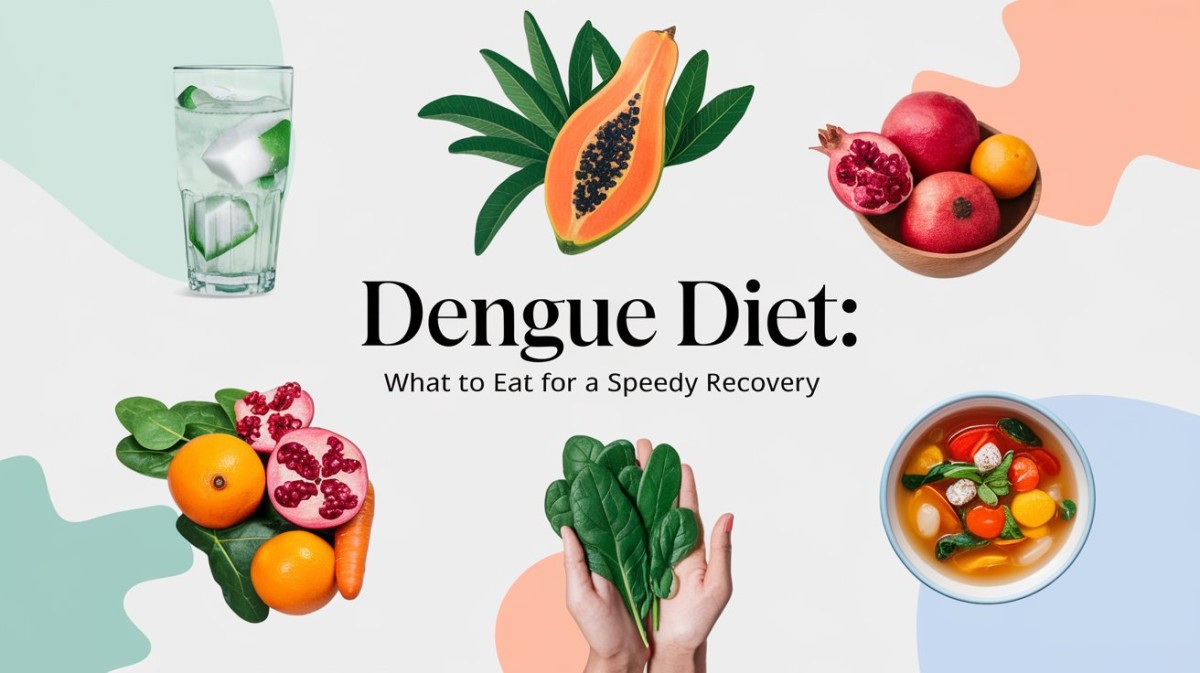Has anyone of you or any of your family members been a victim of dengue fever? Confused about what to eat during this time of healing? People’s diet is on the center of efforts to fight dengue and enhance recovery. As the immune system struggles with the virus, the right foods can help increase platelets, keep the body hydrated and build strength. In this blog, we will outline what to eat when suffering from dengue, why it is necessary, and how it can help restore the body.
Why Is Diet Important for Dengue Recovery?
Dengue fever from the Aedes mosquito results in low platelet count, high fever, thirst and general body weakness. While, it can be cured only with some medical help, but along with it people should start taking some specific diet as the meal to nourish the immune system and to provide energy to the body. If appropriate fluid intake and foods containing vitamins, minerals and proteins are taken, the symptoms are manageable and the heals faster. Consuming the right foods can:
Boost platelet count:
Some of the foods that help to boost the production of platelets are important because low level of these cells can cause bleeding syndromes.
Improve immunity:
The nutrient dense diet will help build the immunity system of the human body to enable it to fight the virus.
Prevent dehydration:
Dengue fever is known to bring a high level of fluid loss. Electrolyte balance is a major factor when it comes to water loss, and severe dehydration can be avoided by careful intake of fluid.
Aid in digestion:
Dengue commonly impacts the gastro intestinal system. Food that is too heavy and difficult to digest should be avoided to prevent the worsen condition.
Now, let’s detail the fundamental constituents of a dengue recovery diet and why they are helpful.
1. Foods to Increase Platelet Count
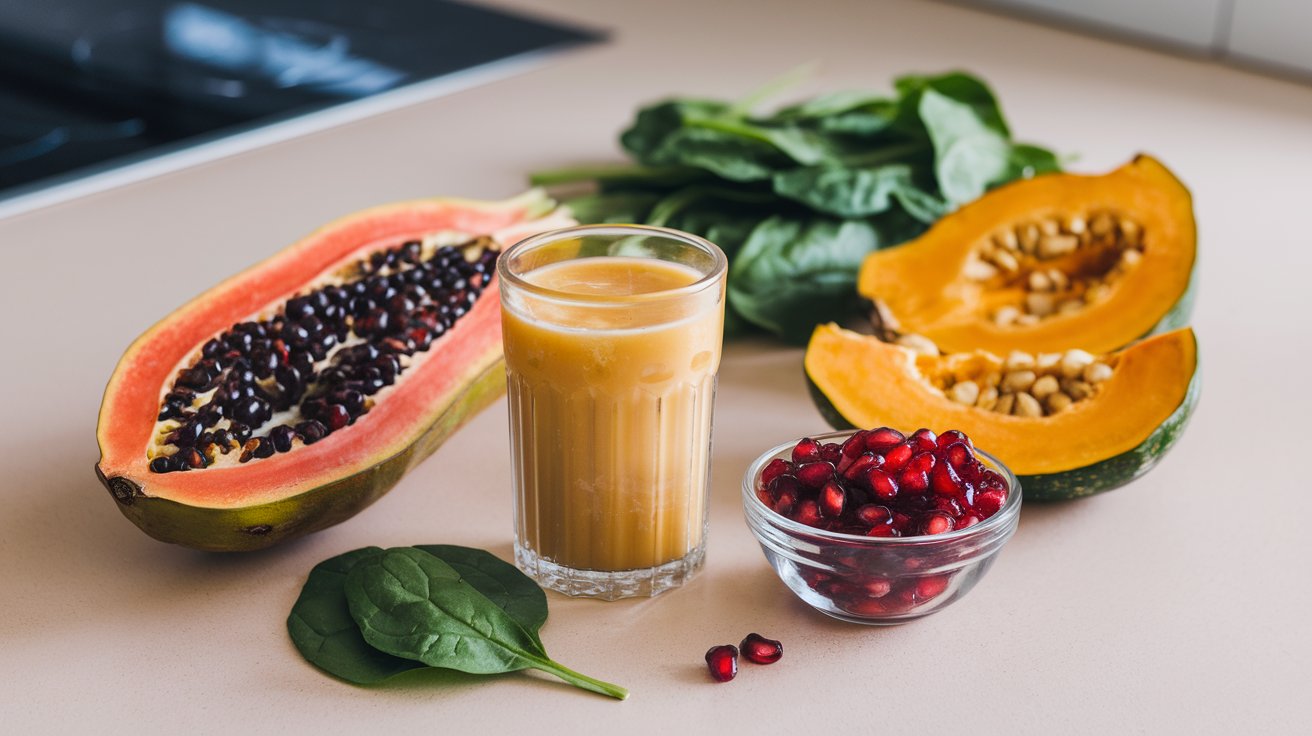 Dengue fever can also present low numbers of platelets in the blood or what is known as thrombocytopenia. Here are some foods that can help:
Dengue fever can also present low numbers of platelets in the blood or what is known as thrombocytopenia. Here are some foods that can help:
Papaya Leaf Extract:
Papaya leaf extract has been established to have an antimalarial role, the health booster also helps increase platelet count. In case, one needs to consume papaya leaf juice regularly in the recovery phase so that the body is able to raise its platelet count.
Pomegranate:
This fruit is good source of iron and aids in correct platelet count; also contains energy producing nutrients.
Spinach:
Vitamin K is important in blood clotting and platelets formation; spinach has high concentration of vitamin K.
Pumpkin:
An excellent ingredient of vitamin A nutrient, pumpkin helps in the formation of platelets as well as work as an immune booster.
2. Foods to Stay Hydrated
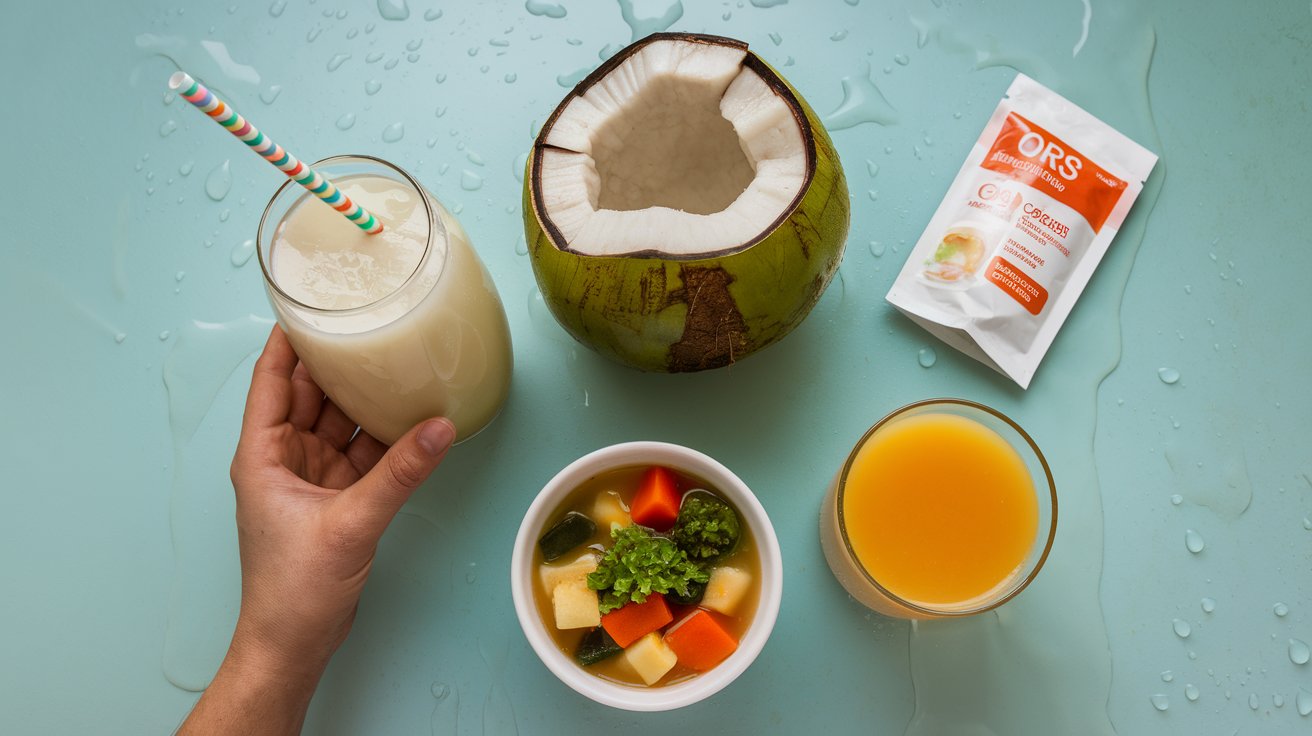 Dengue may lead to severe dehydration owing to high fever and vomiting. Rehydration is essential for recovery:
Dengue may lead to severe dehydration owing to high fever and vomiting. Rehydration is essential for recovery:
Coconut Water:
Coconut water is one of the most natural means for replenishment of body electrolytes such as potassium, magnesium & sodium.
Fresh Fruit Juices:
Vitamin C rich fruits like oranges, pineapples, Guavas etc not only makes the overall immunity of the body good but also helps in keeping the students hydrated during their classes.
Broths and Soups:
Liquids such as clear vegetable and chicken soups or broths offer the body a way of getting nutrients and water to the body regularly.
ORS (Oral Rehydration Solutions):
These can be useful in wash the electrolyte balance and to avoid dehydrating.
3. Immune-Boosting Foods
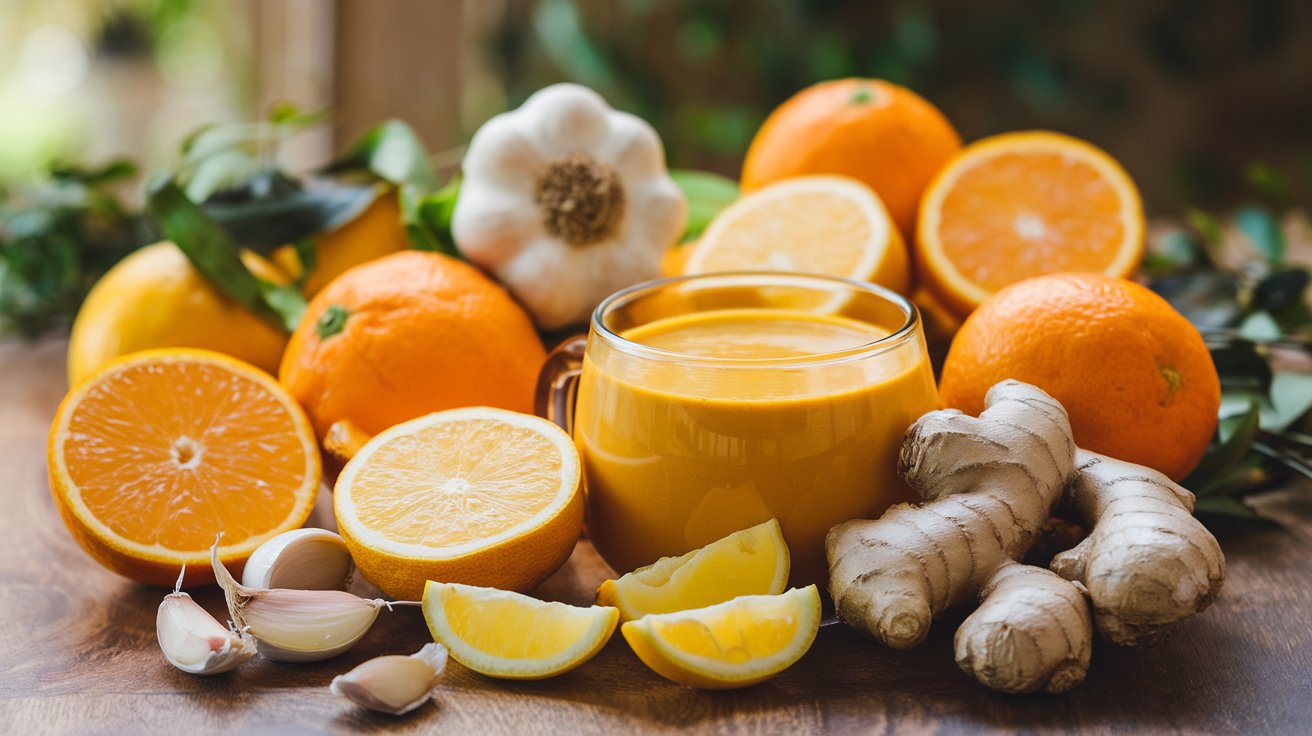 To fight off the dengue virus, strengthening your immune system with these foods is key:
To fight off the dengue virus, strengthening your immune system with these foods is key:
Citrus Fruits:
Now everyone know that oranges, lemons and other citrus fruits are good for your health because they contain vitamin C which is well known for its immunity boosting properties.
Garlic:
Garlic also has antiviral and antibacterial properties that should be included in foods to boost Immunization.
Ginger:
It has many medical uses such as for combating inflammation; as in the case of nausea, ginger provided immune system support.
Turmeric:
Because it is an antioxidant and anti-inflammatory agent, it can-effectively lower fever and inflammation in the whole-body.
4. Light and Easily Digestible Foods
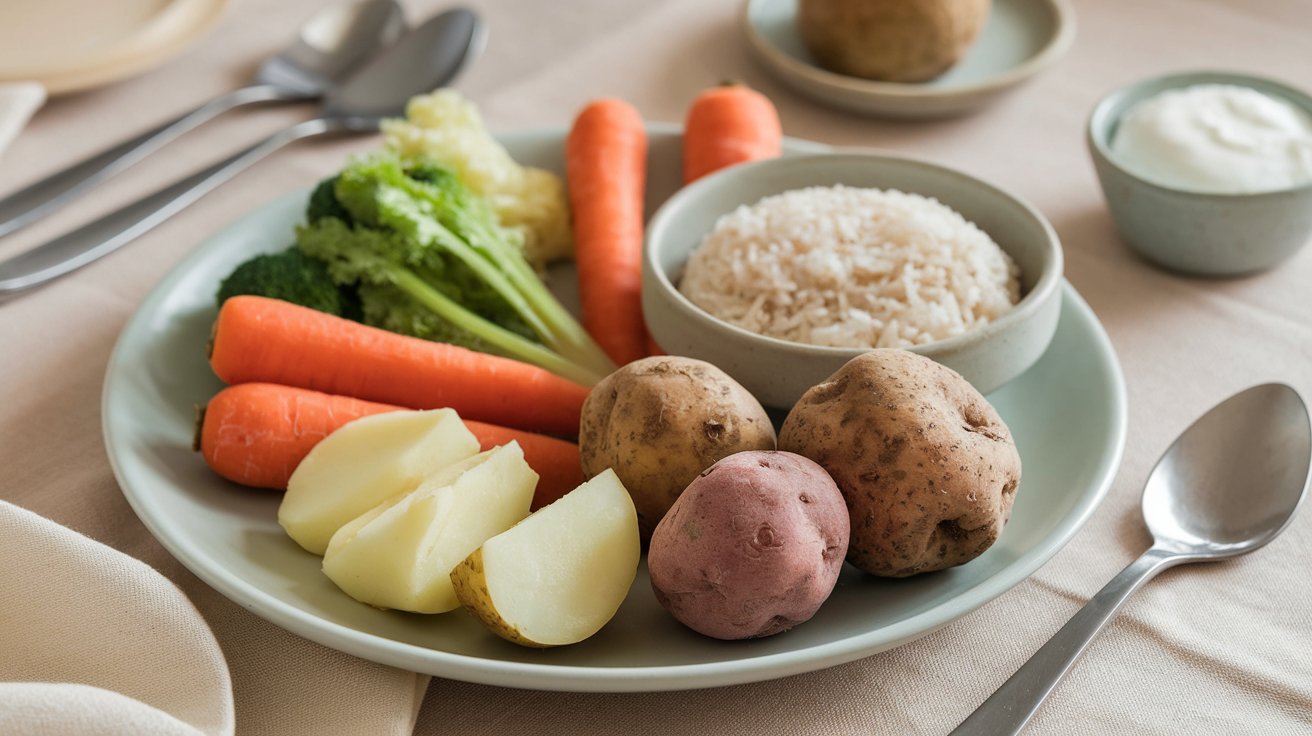 Most of the time nausea, vomiting and belching are frequently felt when one is suffering from the disease. Eating light, easy-to-digest foods can reduce the burden on the stomach:
Most of the time nausea, vomiting and belching are frequently felt when one is suffering from the disease. Eating light, easy-to-digest foods can reduce the burden on the stomach:
Boiled Vegetables:
Some foods such as carrots, potatoes and beans are good sources of nutrients and devoid of many digestive ill effects.
Steamed Rice:
A rather unexciting food, rice is just the right kind of carbohydrate that doesn’t upset the digestive system but keeps you satiated.
Yogurt:
It has also got a large amount of probiotics, helping with digestion and to prevent stomach upsets.
Oats:
Especially rich in fiber and easily consumed foods are oats that supply the required energy in the morning breakfast without filing the stomach.
5. Foods to Avoid During Dengue
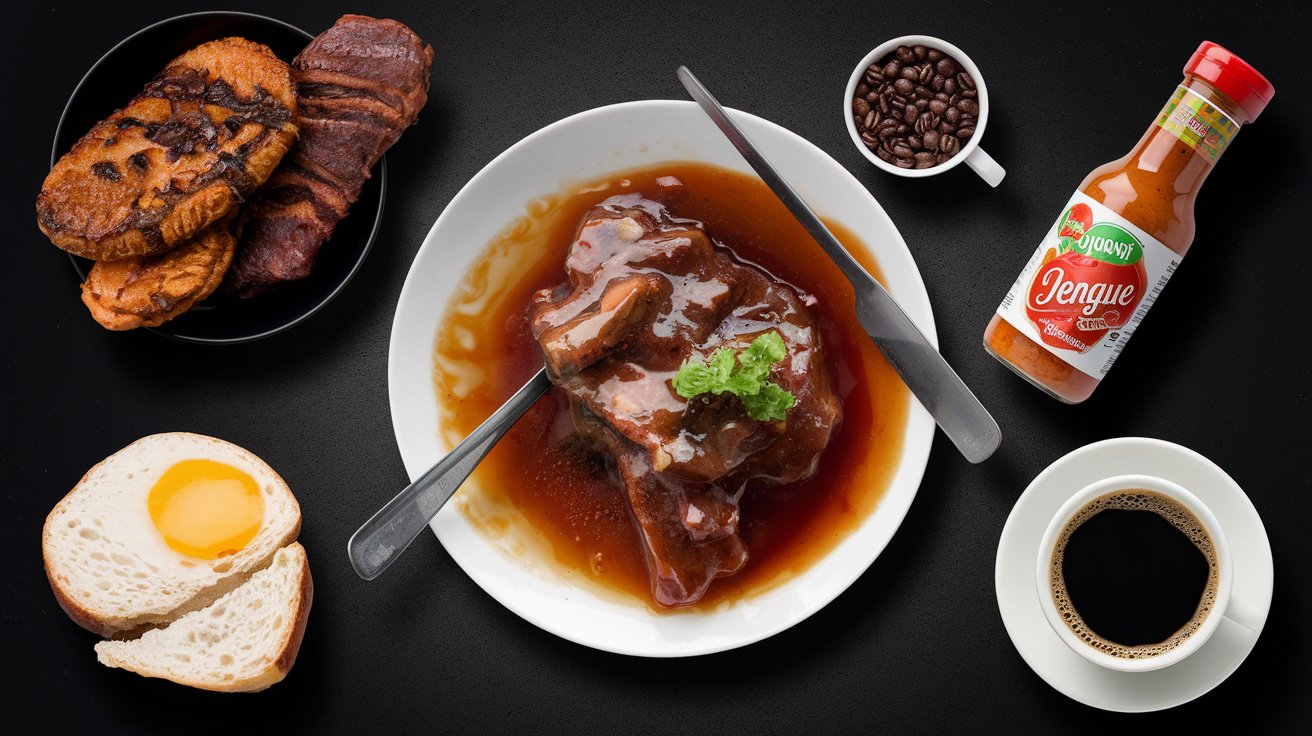 While some foods can support your recovery, others can hinder it:
While some foods can support your recovery, others can hinder it:
Oily and Fried Foods:
These can irritate your stomach and affect your digestion process in one way or the other.
Spicy Foods:
Seasoning on food can cause irritation on the stomach lining and this is even worse when the body is already week.
Caffeinated Drinks:
Never drink coffee or tea as they are diuretics and will burden your kidneys and make you more dehydrated.
Processed Foods:
These have no values and includes preservatives that may knock-off ones immune system.
Sample Dengue Diet Plan
Meal |
Food Choices |
| Breakfast | Fresh orange juice, a bowl of oats with banana slices |
| Mid-morning | Coconut water, handful of pomegranate seeds |
| Lunch | Steamed rice with boiled vegetables (carrots, spinach) |
| Afternoon Snack | Papaya leaf juice, a few almonds or walnuts |
| Dinner | Clear vegetable soup, grilled chicken, or paneer salad |
| Before Bed | Warm turmeric milk |
Health Benefits of Following the Right Dengue Diet
Benefit |
How It Helps |
| Increased Platelet Count | Foods like papaya leaf extract and pomegranate support platelet production. |
| Enhanced Immunity | Vitamin-rich foods like citrus fruits and spinach boost the immune system. |
| Hydration Maintenance | Coconut water, soups, and ORS prevent dehydration caused by fever and vomiting. |
| Improved Digestion | Light foods like rice and yogurt are easy on the stomach and help avoid bloating. |
| Faster Recovery | Nutrient-dense meals provide energy, allowing the body to recover more swiftly. |
Conclusion
In the case of diet during the post-dengue days, it can be said that a well charted out diet map is the most powerful weapon you can have. The dengue diet comprises of oral rehydration solution, foods that boost immunity and foods that promote platelet count in the body making sure the affected body gets the nutrients needed to tackle the conditions. Reflected by the recipes to limit, it is possible to avoid such foods as processed and spicy so as to prevent further complications. If you follow the diet prescribed here, you are allowing your body to heal and recover ready to get back into health.
Well, next time you have a friend or love one who is down with dengue, you’ll know what to do for them concerning their diets.
